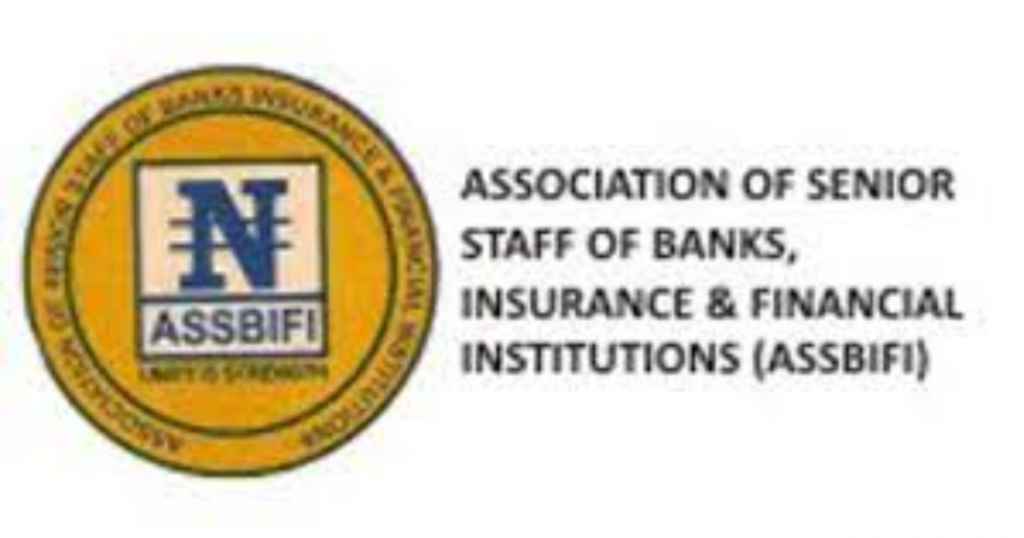Nigeria’s escalating public debt has raised alarms among financial experts, as its potential impact on investor confidence and foreign direct investment could destabilize the nation’s precarious economy. Speaking through the Association of Senior Staff of Banks, Insurance, and Financial Institutions (ASSBIFI) and the National Union of Banks, Insurance, and Financial Institutions Employees (NUBIFIE), industry leaders have voiced concerns about the intense scrutiny Nigeria faces regarding its financial health due to increasing debt levels. The Debt Management Office (DMO) has indicated that Nigeria’s public debt is expected to surpass 40% of its Gross Domestic Product (GDP) by the end of 2024, reflecting a worrying trend in fiscal health.
Recent figures released by the DMO reveal Nigeria’s public debt stock surged to N134.3 trillion by the close of Q2 2024, marking a 10.35% rise from N121.7 trillion in Q1. This financial landscape reveals a troubling fiscal trajectory, where exorbitant debt servicing costs consume significant portions of government revenue, thereby diminishing the available funds for critical investments in essential sectors such as education, healthcare, and infrastructure. The bankers attribute Nigeria’s debt predicament to its heavy reliance on foreign loans to bridge recurring budget deficits, particularly as oil revenue diminishes and domestic revenue generation consistently lags behind government expenditure.
Olusoji Oluwole, the National President of ASSBIFI, emphasized the necessity for Nigeria to adopt a robust debt management strategy. He cautioned that if the current pace of debt accumulation persists, it might undermine investor confidence, curtail foreign direct investment, and further destabilize an already vulnerable economic landscape in West Africa. For the youth of Nigeria, this trajectory portends an economy burdened by debt, which could hinder job creation, stifle entrepreneurship, and restrict public investments in vital areas that could foster future growth.
The nature of debt accumulation is crucial, according to Oluwole. He noted that while incurring national debt is a standard practice for any nation, it is paramount to utilize this debt wisely. If funds are directed towards productive and developmental initiatives, it may lay a positive foundation for future generations. However, when debt is predominantly spent on operational costs or non-essential expenditures, it leads to the perilous situation of increasing liabilities without generating corresponding revenue, ultimately burdening subsequent generations without any economic benefit.
Additionally, Mr. Anthony Abakpa, the National President of NUBIFIE, underscored the significant ramifications of Nigeria’s growing debt on both the economy and its populace. He highlighted that the short-term effects of rising debt servicing costs would divert necessary funds from crucial services, causing inflation that erodes purchasing power, weakening the Naira and escalating import costs. Moreover, the looming danger of a credit rating downgrade could severely tarnish Nigeria’s reputation in borrowing, consequently making future debt more expensive and difficult to manage.
The threat of continuous borrowing poses the risk of entrapment in an unsustainable debt cycle, which could jeopardize economic stability and deter foreign investments. As government spending on essential social services is compromised to meet debt obligations, the potential for an increase in poverty rates looms, dampening economic growth prospects. Abakpa proposed that to address Nigeria’s mounting debt concerns, it is vital for the government to focus on economic diversification, infrastructure development, and human capital investments. He emphasized the urgent need for enforced fiscal discipline, transparency, and accountability in debt management practices to navigate Nigeria towards a sustainable economic future.














